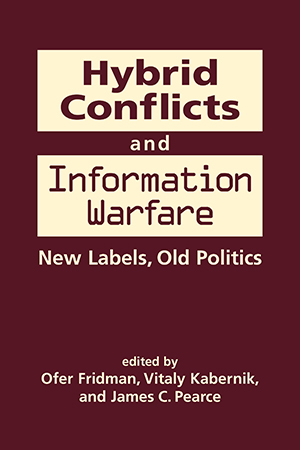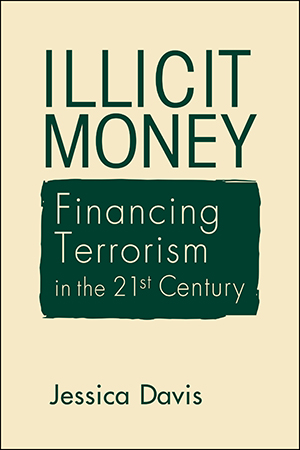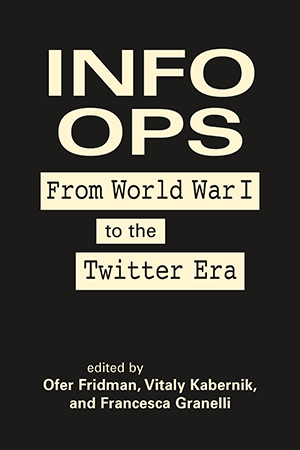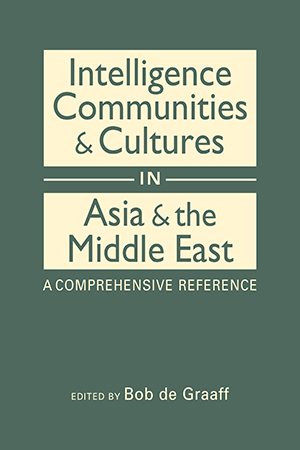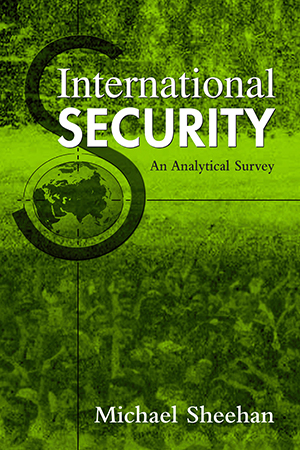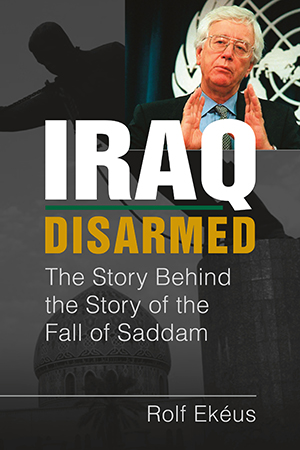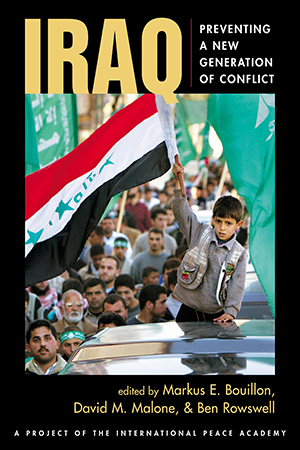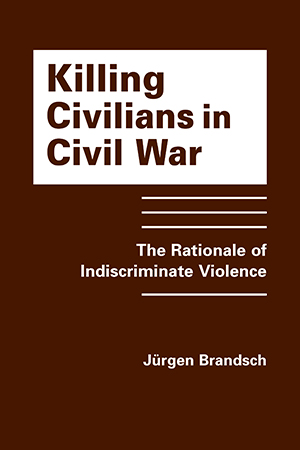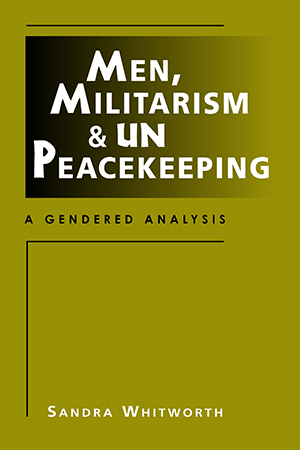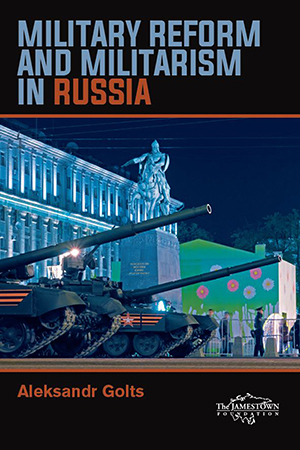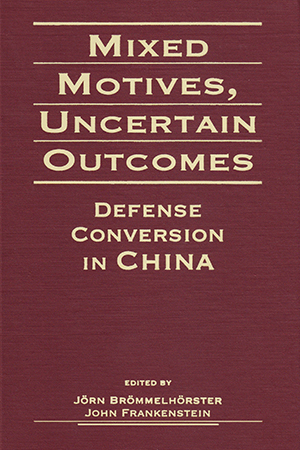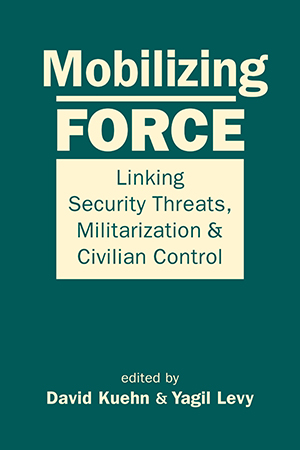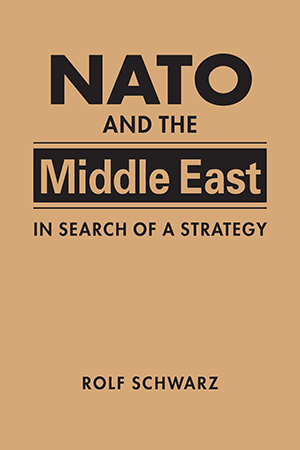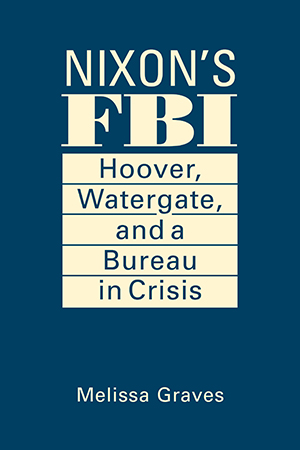Security and Intelligence Studies
What is hybrid warfare? And what role does information play in today's conflicts? In the context of the technological/information revolution of the last two decades—which has More >
Terrorists need money ... to recruit and train people, to buy weapons, to maintain safe houses, to carry out attacks. Which raises the question: how do they procure and protect funds to More >
Since antiquity, information has been used in conflict—to deceive, to demoralize, to sow fear among enemy troops. Not until the twentieth century, though, did information operations More >
How are intelligence systems structured in countries across Asia and the Middle East—from Russia to India, from Turkey to China and Japan, from Kazakhstan to Saudi Arabia? In what ways More >
Michael Sheehan provides a masterly survey of the varied positions that scholars have adopted in interpreting "security"—one of the most contested terms in international More >
"The quest to disarm Iraq took place between two wars—one justified and right, the other a dreadful mistake, a violation of international law that led to hundreds of thousands of More >
Is an end to the violence in Iraq, and the establishment of an enduring peace within a unified state, a realistic goal? Addressing this question, the authors of Iraq Preventing a New More >
Conventional wisdom tells us that targeting civilians in civil wars makes little sense as a combat strategy. Yet, the indiscriminate violence continues. Why? To tackle this vexing More >
In the context of Russia's war against Ukraine, the authors present crucial strategies for improving security in five NATO eastern flank states: Estonia, Finland, Latvia, Lithuania, and More >
Sandra Whitworth looks behind the rhetoric to investigate from a feminist perspective some of the realities of military intervention under the UN flag. Whitworth contends that there is a More >
Aleksandr Golts traces the evolution of the Russian military, from the collapse of the Soviet Union to the incursions in eastern Ukraine in 2014–2017. Golts also sheds light on the More >
Mixed Motives, Uncertain Outcomes looks critically at China's efforts to adapt its vast military- industrial complex to the service of its socialist market economy. The authors—all More >
What leads a democratic government to use military force to counter a domestic or external threat? How does it legitimize this mobilization to its citizenry? And what is the significance for More >
Over the course of more than seven decades, NATO has sought, but not settled on, an effective strategy for interacting with its neighbors in the Middle East and North Africa. Rolf Schwarz More >
Polly Corrigan Book Prize Finalist! In 1974, Richard Nixon resigned in disgrace. In 2020, Donald Trump was impeached. Both were investigated by the FBI, an agency under their control. How More >


